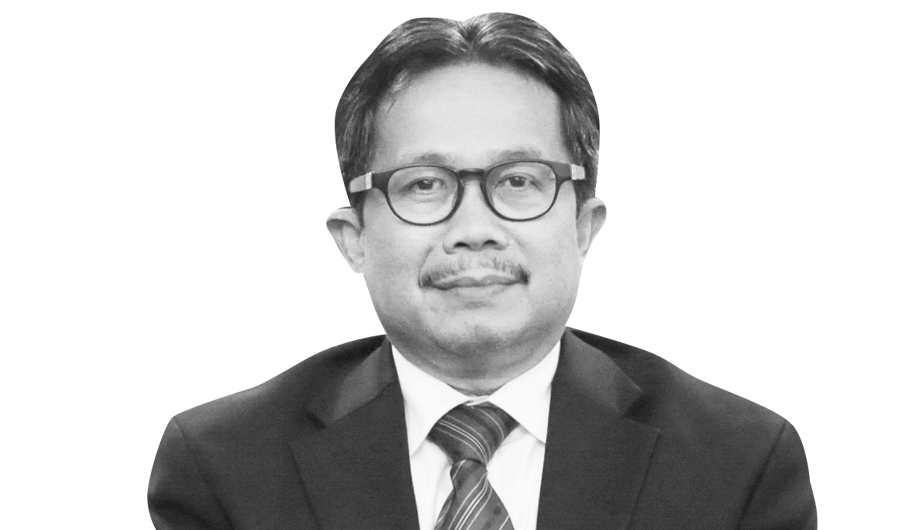It is my honor to express my warmest greetings and felicitations to all Indonesian citizens currently residing in the Kingdom of Saudi Arabia for the auspicious occasion of the 74th Independence Anniversary of the Republic of Indonesia.
Today, Indonesians all over the world commemorate once again the perseverance of the founding fathers in liberating the people of Indonesia from the sorrow of repression, humiliation, and exploitation of colonialism and upholding freedom and the right of self-determination.
The pivotal moment was the Proclamation of Independence on this date 74 years ago by Soekarno and Mohammad Hatta, proclaiming Indonesian Independence recognized by the world including Saudi Arabia, which was among the first countries to recognize Indonesia as an independent country. Many heroes martyred for the nation, and with this commemoration their struggle shall not be forgotten and their legacy will stand the test of time.
The 74th anniversary is marked by several important achievements and events. Last April, approximately 192 million eligible voters cast their votes to determine their new leaders and parliamentary members.
The election was the third largest democratic event in the world. The process was transparent, free, and fair, supported by unprecedented freedom of speech and widespread media coverage.
It has been hailed by international observers, including the Organization of Islamic Cooperation, which sent an election observation mission, as a success story of a democratic process, which is open, peaceful and orderly in conformity with Indonesian electoral law as well as the internationally accepted norms. The candidate who received the national mandate will be inaugurated in October. It has also been cited as an example of the compatibility of democracy with Islam.
In the international forum, Indonesia enjoyed the privilege being elected as nonpermanent members of the UN Security Council. The two-year tenure, which started in January 2019, gained 144 votes during the election at the UN headquarters, New York City in June 2018.
As this is the fourth time Indonesia has held this position, the country will continue to realize its commitment to promote and protect human rights, peace and social justice within its territory and around the world.
We will foster a culture of transparency, openness and accountability to uphold democracy. In this regard, Indonesia will organize the 12th Bali Democracy Forum in December 2019. This is an annual summit that brings together senior government officials, civil society, journalists, women, youth and other notables from all over the world to discuss democracy.

Mohamad Hery Saripudin
Indonesia also became one of the largest economies in the world, and together with Saudi Arabia, is a member of G20, thus enjoying an equal standing with significant economies. Indonesia today has emerged as a vibrant and resilient world economic power. This year, the government is targeting economic growth between 5.2 and 5.3 percent. We expect to increase the level of ease of doing business from 73 in 2018 to 40 in 2019. These will continuously make Indonesia as one of the best destinations for trade and investment.
As the consul general of Indonesia, I am pleased with the growing interests of Saudi businesspeople to invest and trade in our country. During last year’s Trade Expo Indonesia (TEI), 160 Saudis arrived as a delegation, which made it the second biggest delegation after Malaysia. Saudi business groups and owners signed contracts with their Indonesian counterparts worth $1.5 million (SR5.6 million). This year, we expect to receive more than 160 business groups at TEI.
The strong relations between Indonesia and Saudi Arabia predates the inception of both respective countries.
The Hajj is the epitome of the relationship between the two nations and peoples.
In this regard, on behalf of the Republic of Indonesia and its people, I express the highest gratitude to the Custodian of the Two Holy Mosques King Salman bin Abdulaziz for the excellent arrangement of this year’s Hajj. The Makkah Road Initiative, which allows thousand of Indonesia’s pilgrims to swiftly enter The Kingdom, has demonstrated the excellent arrangements by the authorities to welcome Indonesian worshippers. We had the largest foreign contingent with around 231,000 pilgrims.
In social and cultural fields, we have been promoting Bahasa (the Indonesian language) to Saudi business owners, officials as well as private individuals in order to fulfil their desire to have better communication with Indonesian business people and Hajj and Umrah pilgrims.
Since 2016, the Consulate General of the Republic Indonesia has run Bahasa Indonesia for foreign speakers, with more than 1,000 graduates.
I would like to convey my profound gratitude to the Kingdom of Saudi Arabia and its people for the continued strengthening of the strategic relations between Indonesia and Saudi Arabia.
Indonesia continues to extend and enhance bilateral and brotherly relations with Saudi Arabia for the benefit and prosperity of the two nations.
The friendship that has long been cemented for decades between us will grow stronger on both bilateral and international levels, Insha Allah.
• Dr. Mohamad Hery Saripudin is consul general of Indonesia in Jeddah.



























